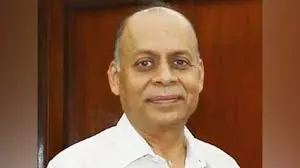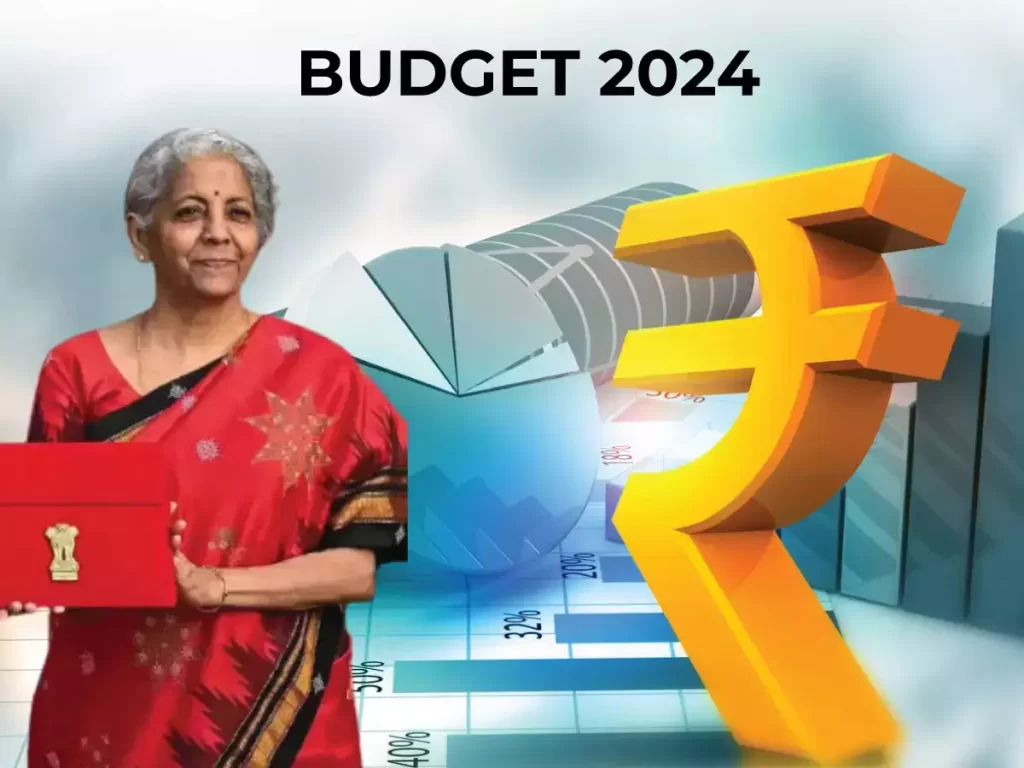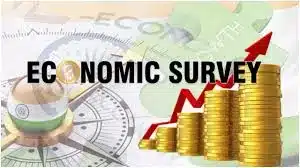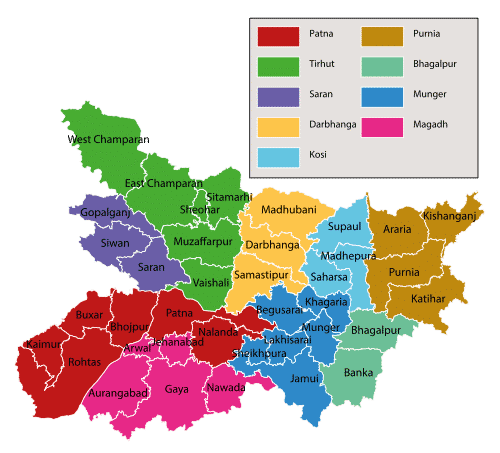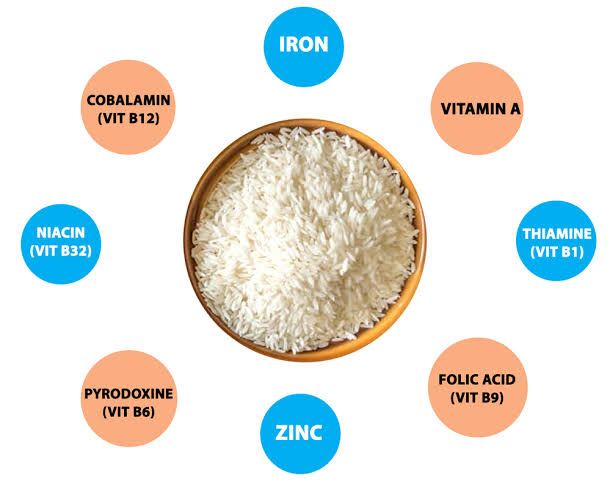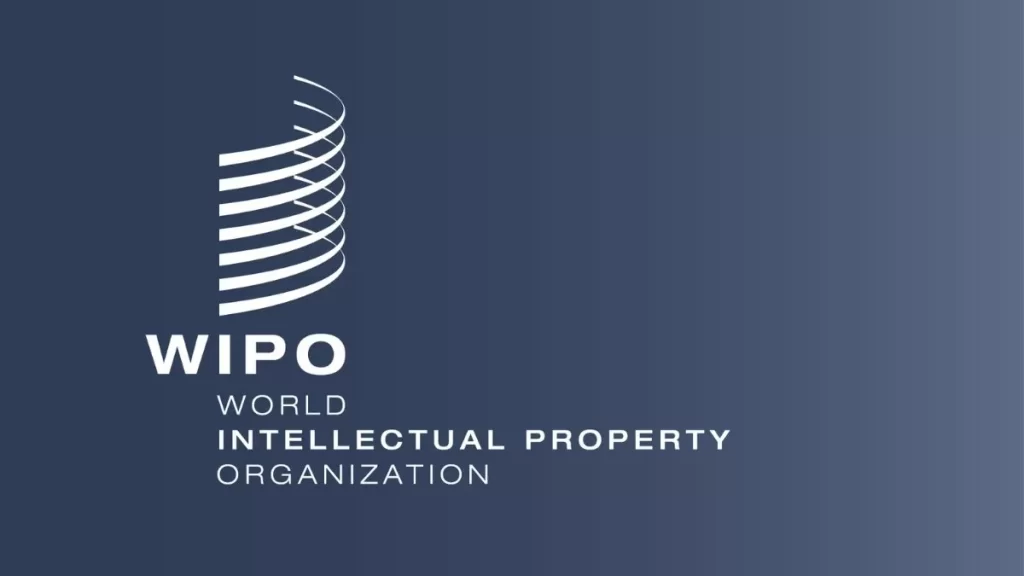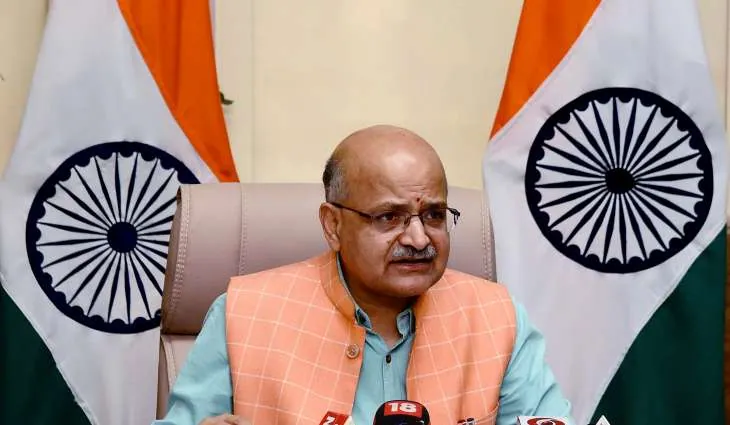Introduction
December 1st, 2022 is a momentous day as India assumed the presidency of the G20 forum, taking over from Indonesia. A nation deeply committed to democracy and multilateralism, India’s G20 Presidency would be a watershed moment in her history as it seeks to play an important role by finding pragmatic global solutions for the wellbeing of all, and in doing so, manifest the true spirit of ‘Vasudhaiva Kutumbakam’ or the ‘World is One Family’.
About G20
The G20 group of 19 countries (Argentina, Australia, Brazil, Canada, China, France, Germany, India, Indonesia, Italy, Japan, Republic of Korea, Mexico, Russia, Saudi Arabia, South Africa, Türkiye, United Kingdom, and the United States) and the EU was established in 1999 as a platform for Finance Ministers and Central Bank Governors to discuss international economic and financial issues. Together, the G20 countries account for almost two-thirds of the global population, 75% of global trade, and 85% of the world’s GDP. In the wake of the global financial and economic crisis of 2007, the G20 was elevated to the level of Heads of State/Government and was named the “premier forum for international economic cooperation.”
The G20 Summit is held annually with a rotating presidency, and in 2023, India will hold the presidency. The group does not have a permanent secretariat and is supported by the previous, current, and future holders of the presidency, known as the troika. In 2023, the troika consists of Indonesia, India, and Brazil.
The G20 forum works in two parallel tracks — the Finance Track and the Sherpa Track. Finance Ministers and Central Bank Governors lead the Finance Track while Sherpas, who are personal emissaries of the Leaders, lead the Sherpa Track. Within the two tracks, there are different working groups based on different themes in which representatives from the relevant ministries of the member states, guest countries, and various international organizations participate. There are Engagement Groups as well, which bring together civil societies, think tanks, women, youth, labour, businesses and researchers of the G20 countries.
Working groups this year will focus on global priority areas such as green development, climate finance, inclusive growth, digital economy, public infrastructure, technology transformation, and reforms for women empowerment for socio-economic progress. All these steps are taken to accelerate progress towards the Sustainable Development Goals and secure a better future for the generations to come.
India’s G20 Presidency:
Vasudhaiva Kutumbakam, which translates to “One Earth, One Family, One Future,” is the theme of India’s G20 presidency. It is inspired from the Maha Upanishad, an old Sanskrit scripture. The theme fundamentally highlights the importance of all life—human, animal, plant, and microorganism—as well as their interdependence on Earth and across the universe. The theme also exemplifies LiFE (Lifestyle for Environment), which highlights the importance of environmentally sustainable and responsible lifestyle choices, both at the individual and national level, in creating a cleaner, greener, and bluer future.
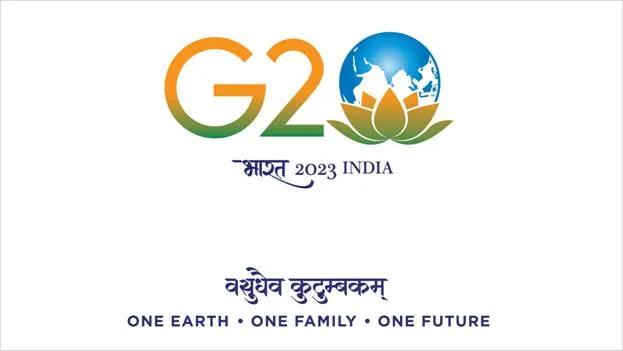
Highlights of G20 Summit 2023
G20 becomes G21
The African Union, which represents 55 countries, was admitted as a new member, 3 months after India proposed its inclusion. So far, only one country from the grouping – South Africa – was part of the G20.
What is the African Union?
- African Union comprises 55 African member states, succeeding the Organisation of African Unity (OAU) in 2002.
- It plays a vital role in African development and global cooperation as newest G20 member.
- Addis Ababa is the headquarters of the African Union.
- African Union engages in peacekeeping missions, combating terrorism across Africa, and resolving conflicts in nations like Sudan, Mali, and Somalia.
- It aims to promote unity, socio-economic development, peace, stability, and human rights.
- African Union facilitated diplomatic solutions, including 2022 peace agreement between Ethopia and the Tigray People’s Liberation Front.
- It also spearheaded African Continental Free Trade Area in 2021.
New Delhi Declaration
On Ukraine War
- All States must act in a manner consistent with the purposes and principles of the UN charter in its entirety.
- They must refrain from threats or use of force to seek territorial acquisition against the territorial integrity and sovereignty or political independence of any state; also from use or threat of use of nuclear weapons is admissible.
- Peaceful resolution of conflicts and efforts to address crises as well as diplomacy and dialogue are critical.
On grains/food/energy security
- Calls on Russia and Ukraine to ensure immediate and unimpeded deliveries of grain, foodstuffs, and fertilizers/inputs from Russia and Ukraine.
- Emphasizing the importance of sustaining food and energy security, called for the cessation of military destruction or other attacks on relevant infrastructure.
- The potential for high levels of volatility in the food and energy market remains.
On economies and financial markets
- “Will protect the vulnerable, through equitable growth and enhancing macroeconomic and financial stability.”
- Finance ministers and central bank governors will discuss taking forward the crypto currency roadmap at their meeting in October.
- Renew our commitment to ensure a level playing field and fair competition by discouraging protectionism, and market-distorting practices.
On climate crisis
- Need to accelerate efforts to phase down unabated coal power, in line with national circumstances.
- Will work towards facilitating low cost financing for developing countries to support their transition to low carbon.
- Will pursue and encourage efforts to triple renewable energy capacity globally through existing targets and policies, in line with national circumstances by 2030.
- Recognise need for increased global investments to meet our climate goals of the Paris agreement.
- Need of $5.8-5.9 trillion in pre-2030 period required for developing countries, in particular for their needs to implement their emission targets.
- Calls on parties to set an ambitious, transparent, and trackable New Collective and Quantified Goal of climate finance in 2024, from a floor of $100billion a year.
- Reiterate our commitment to take action to scale up sustainable finance.
- Britain committed $2 billion to Green Climate Fund to help developing countries cope with the climate crisis.
India-Middle-East-Europe Economic Corridor
The India Middle East Europe Economic Corridor (IMEC) is a transnational rail and shipping route spread across two continents, which the US says is expected to stimulate economic development through improved connectivity and economic integration between Asia, Arabian Gulf and Europe.
For the project, a MoU has been signed between Saudi Arabia, European Union, India, the UAE, France, Germany, Italy and the US.
The IMEC will include two separate corridors — the east corridor connecting India to the Arabian Gulf and the northern corridor connecting the Arabian Gulf to Europe.
It will include railway projects, which upon completion will provide a reliable and cost-effective cross-border ship-to-rail transit network to supplement existing maritime and road transport routes enabling goods and services to transit between India, the UAE, Saudi Arabia, Jordan, Israel, and Europe.
Global Biofuel Alliance
Prime Minister Shri Narendra Modi along with the leaders of Singapore, Bangladesh, Italy, USA, Brazil, Argentina, Mauritius and UAE, launched the Global Biofuel Alliance on 9 September 2023, on the sidelines of the G20 Summit in New Delhi.
A total of 19 countries and 12 international organizations have so far agreed to join the alliance, including both G20 members and non-member countries. India, Brazil and the US are the founding members of the alliance.
Apart from India, Brazil and the US, the other G20 member countries supporting the initiative are Argentina, Canada, Italy, and South Africa. Bangladesh, Singapore, Mauritius, and the UAE are the G20 invitee countries.
China and oil producers Saudi Arabia and Russia have however decided deciding not to be part of the alliance.
The Global Biofuel Alliance (GBA) is an initiative by India as the G20 Chair. The Alliance intends to expedite the global uptake of biofuels through facilitating technology advancements, intensifying utilization of sustainable biofuels, shaping robust standard setting and certification through the participation of a wide spectrum of stakeholders. The alliance will also act as a central repository of knowledge and an expert hub. GBA aims to serve as a catalytic platform, fostering global collaboration for the advancement and widespread adoption of biofuels.
The three founding members of alliance, the US, India and Brazil contribute about 85% of the global production and the 81% of consumption of ethanol.
Transfer of G20 Presidency
PM Modi handed over the G20 presidency to Brazil’s Lula Da Silva, marking the end of the G20 Summit in Delhi. The Prime Minister handed over the ceremonial gavel to the Brazilian President to mark the transfer of the Presidency at the third G20 session “One Future” at the Bharat Mandapam in Delhi’s Pragati Maidan. With this, the two-day mega conclave of world leaders under India’s G20 Presidency in the national capital came to an end.
- Current Affairs of February 2023
- Current Affairs of January 2023
- Current Affairs of December 2022
- Current Affairs of November 2022
- Current Affairs of October 2022
- Current Affairs of August 2022
- Current Affairs Of July 2022
- Current Affairs of June 2022
- Current Affairs of May 2022
- Important Current Affairs of April 2022
- Important Current Affairs Of March 2022
- Download the pdf of 50 Science Questions From Previous Year UPSC Prelims


